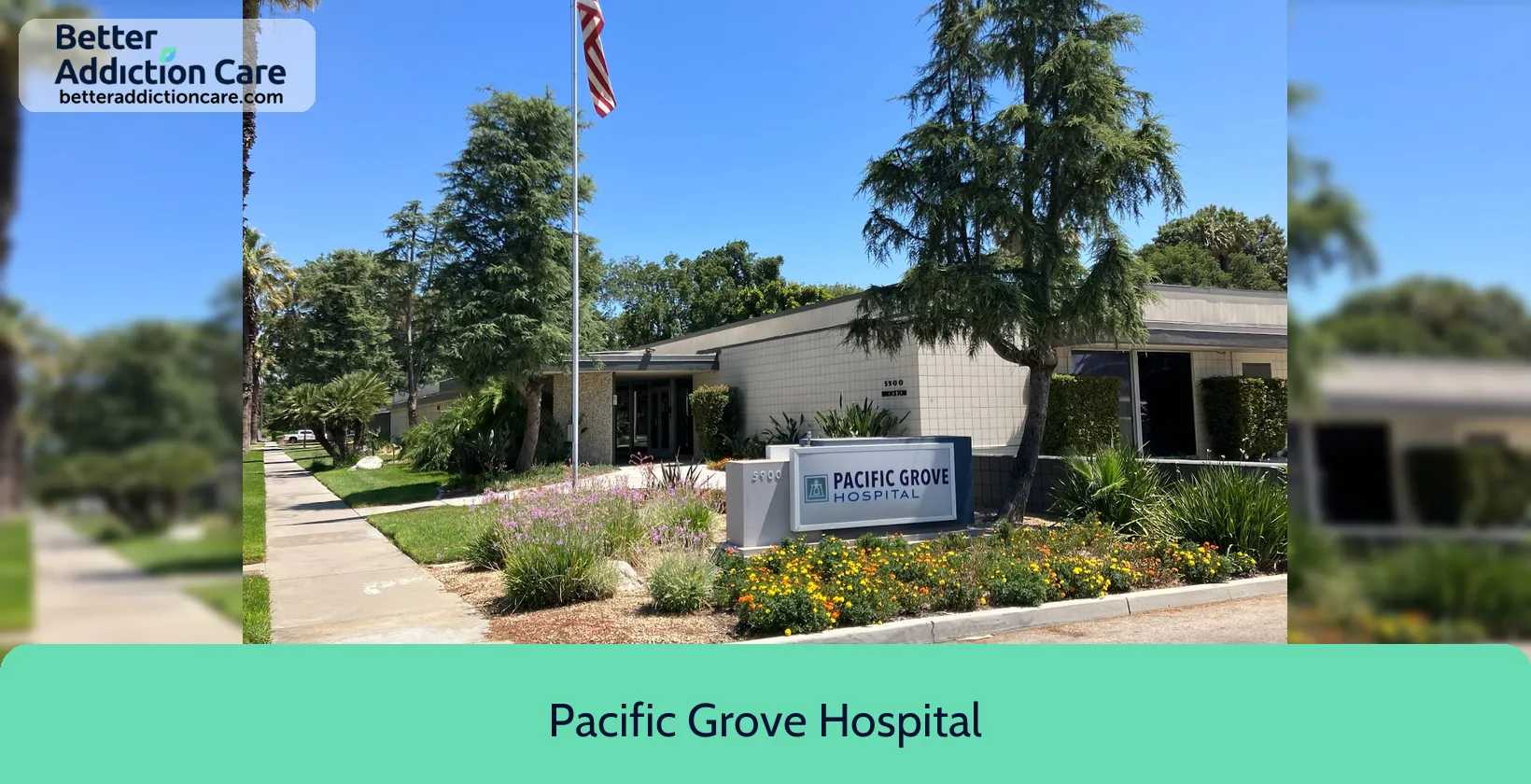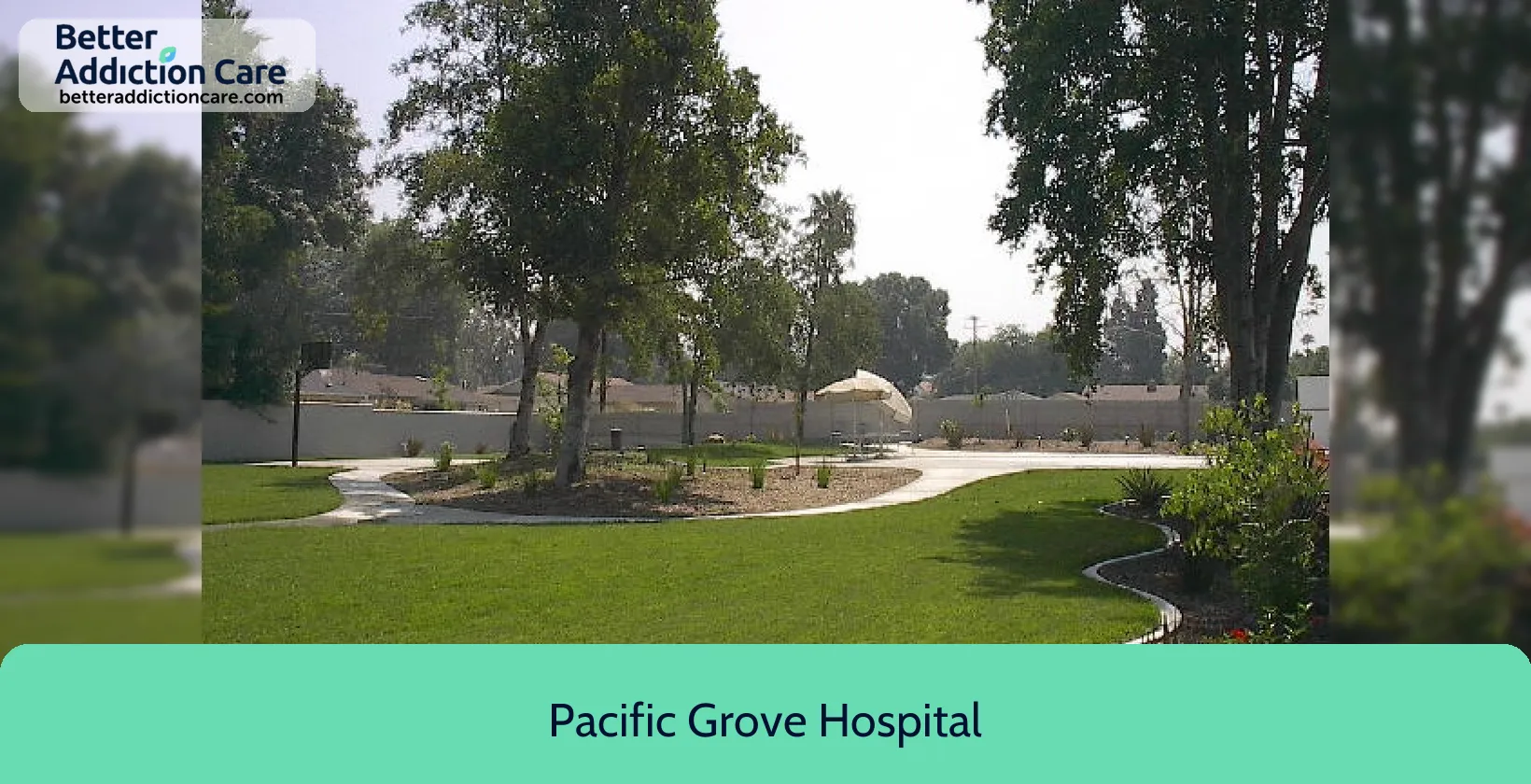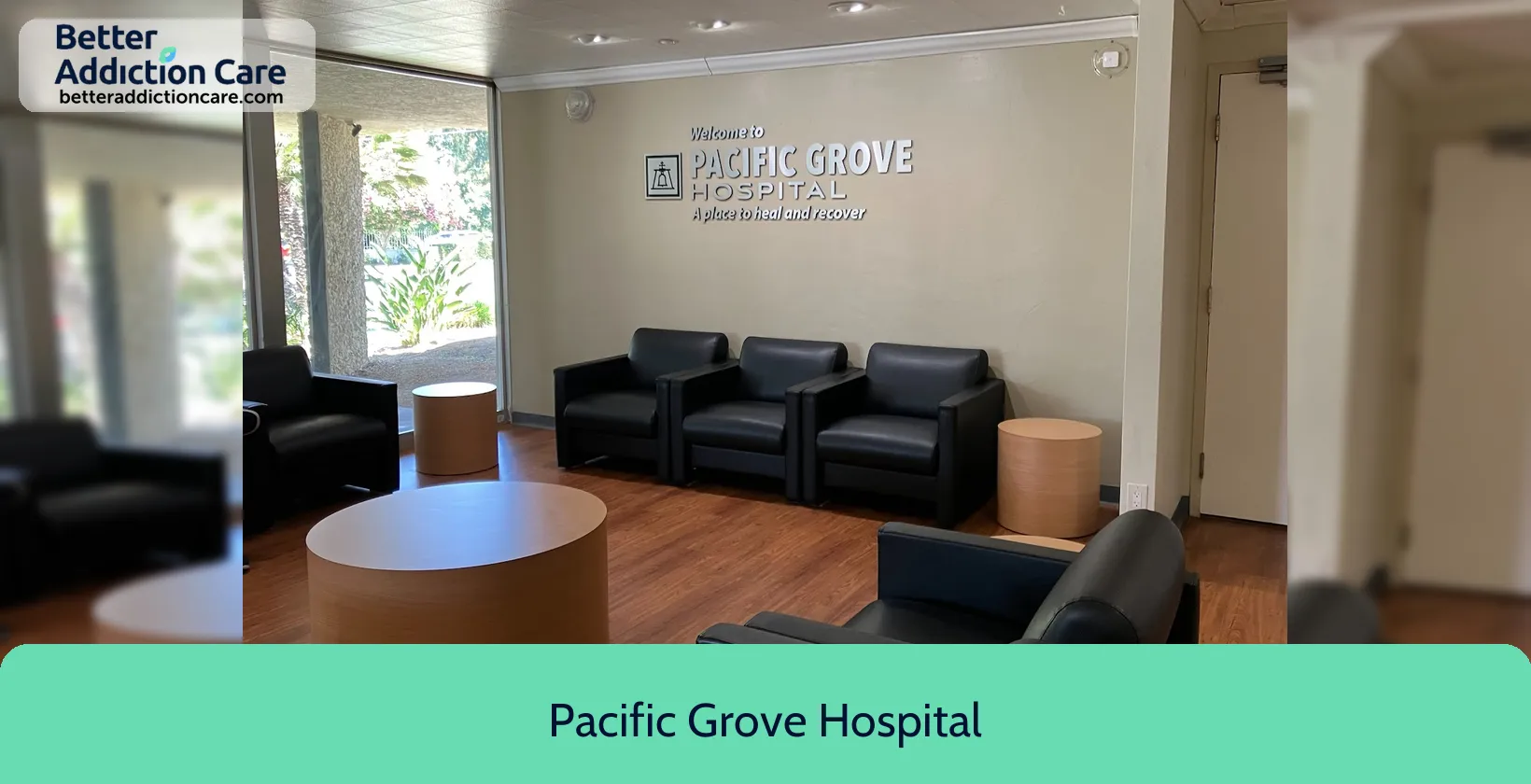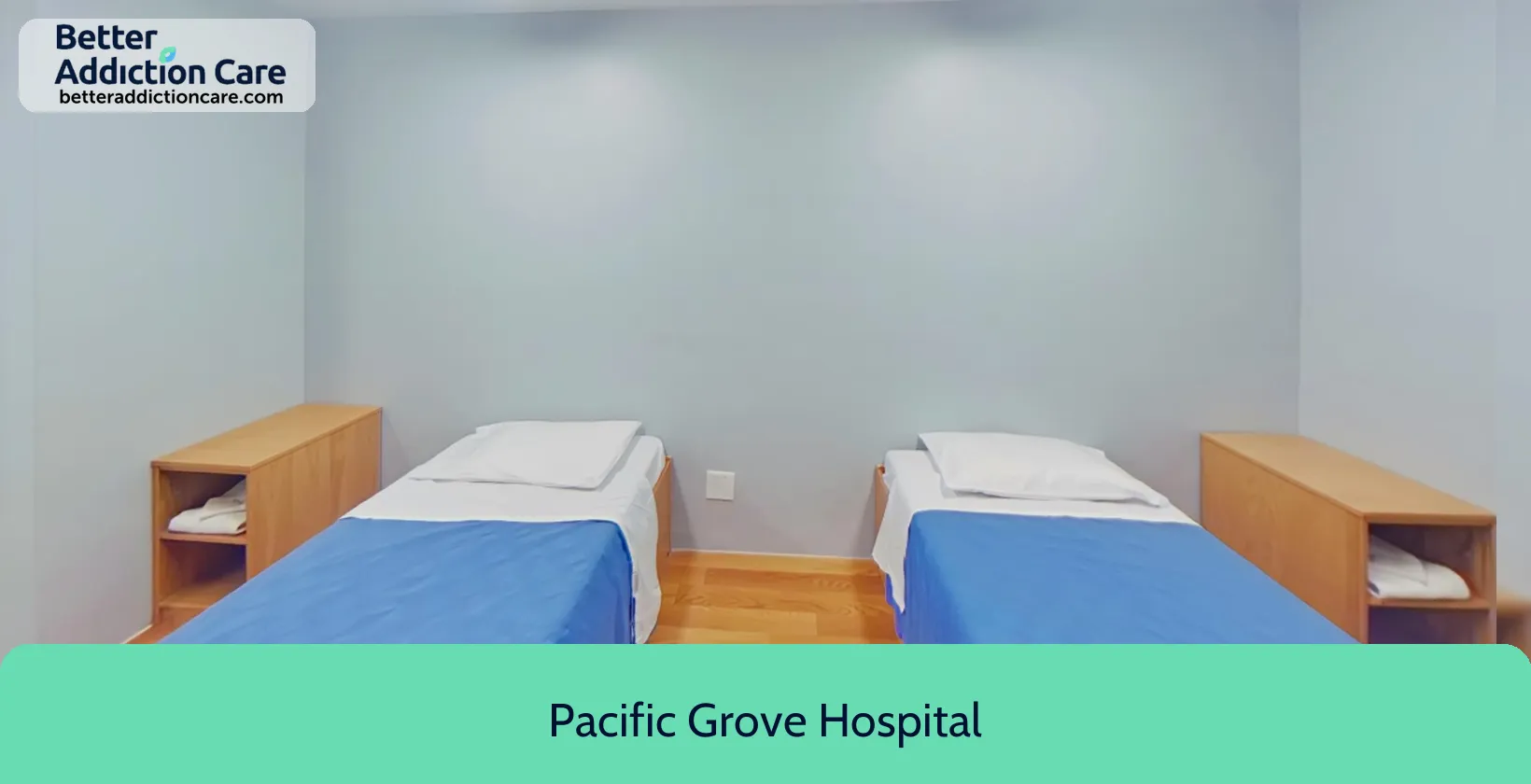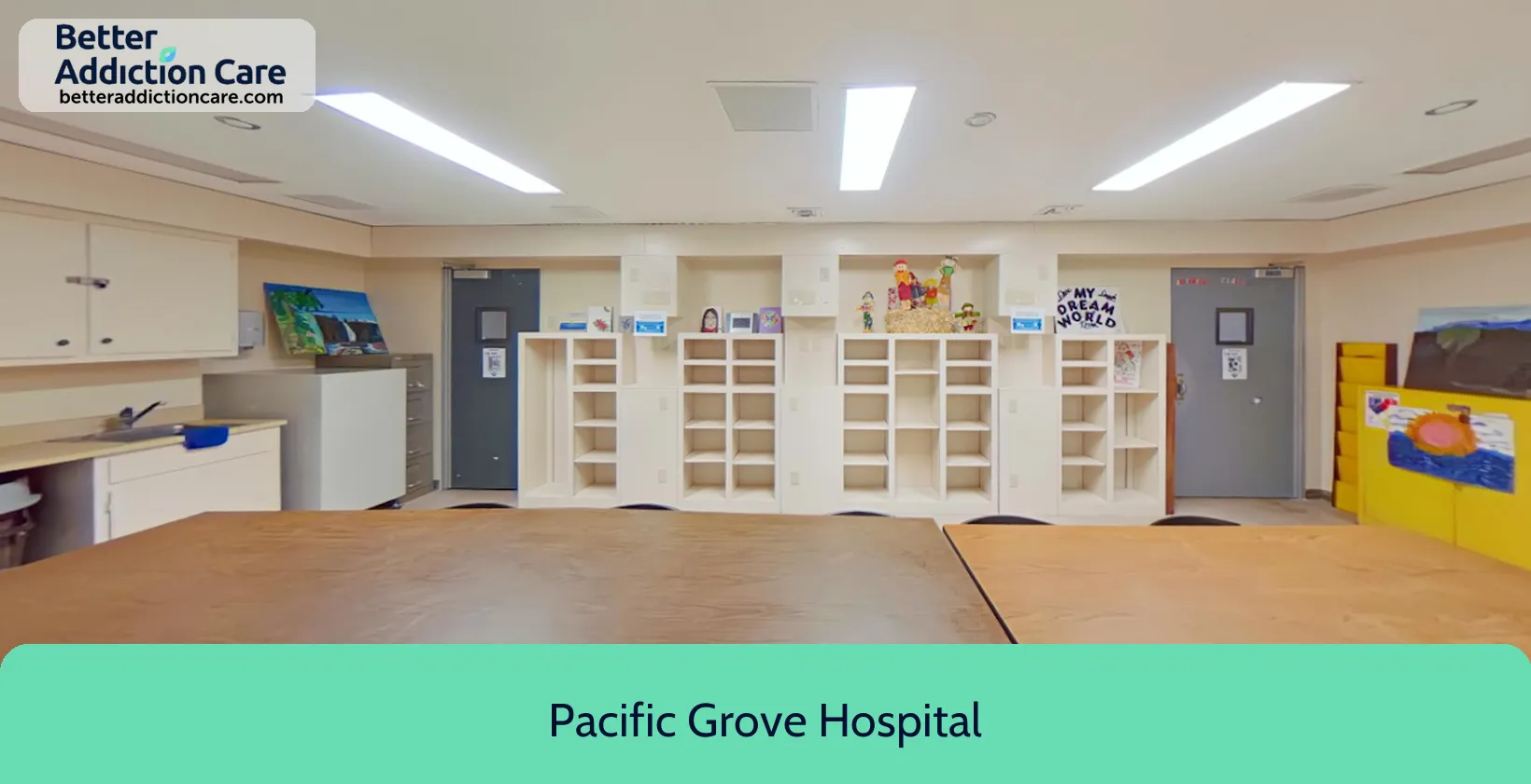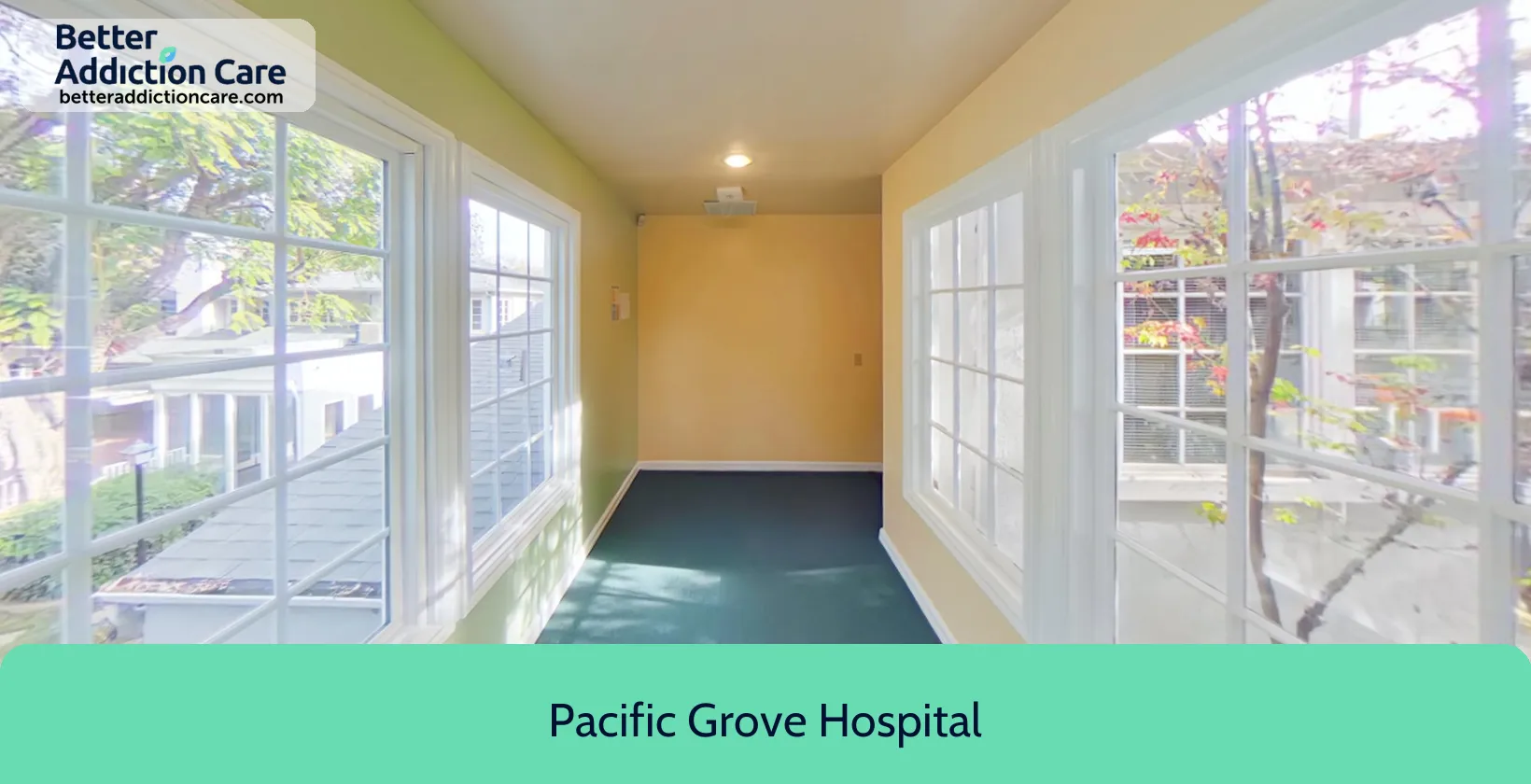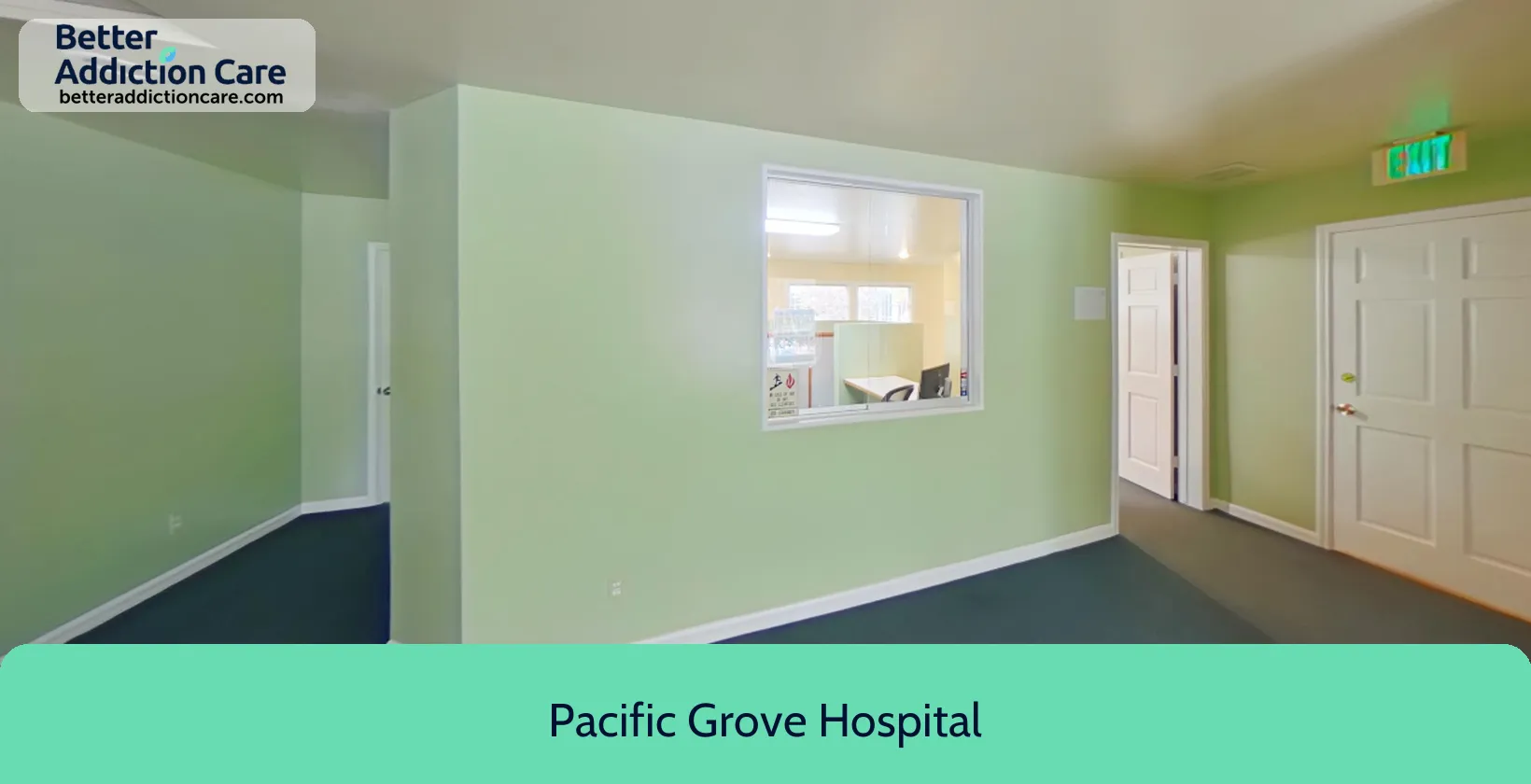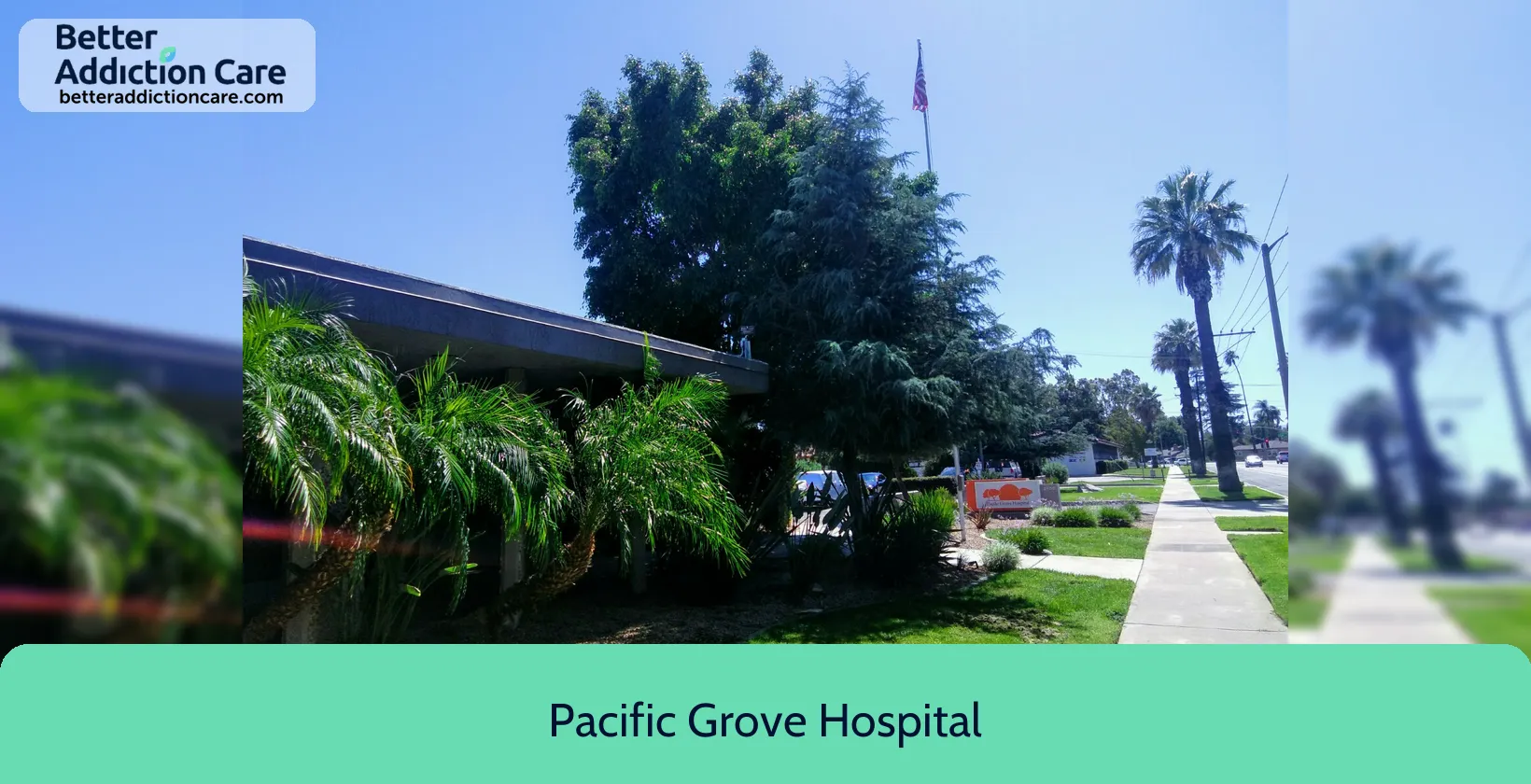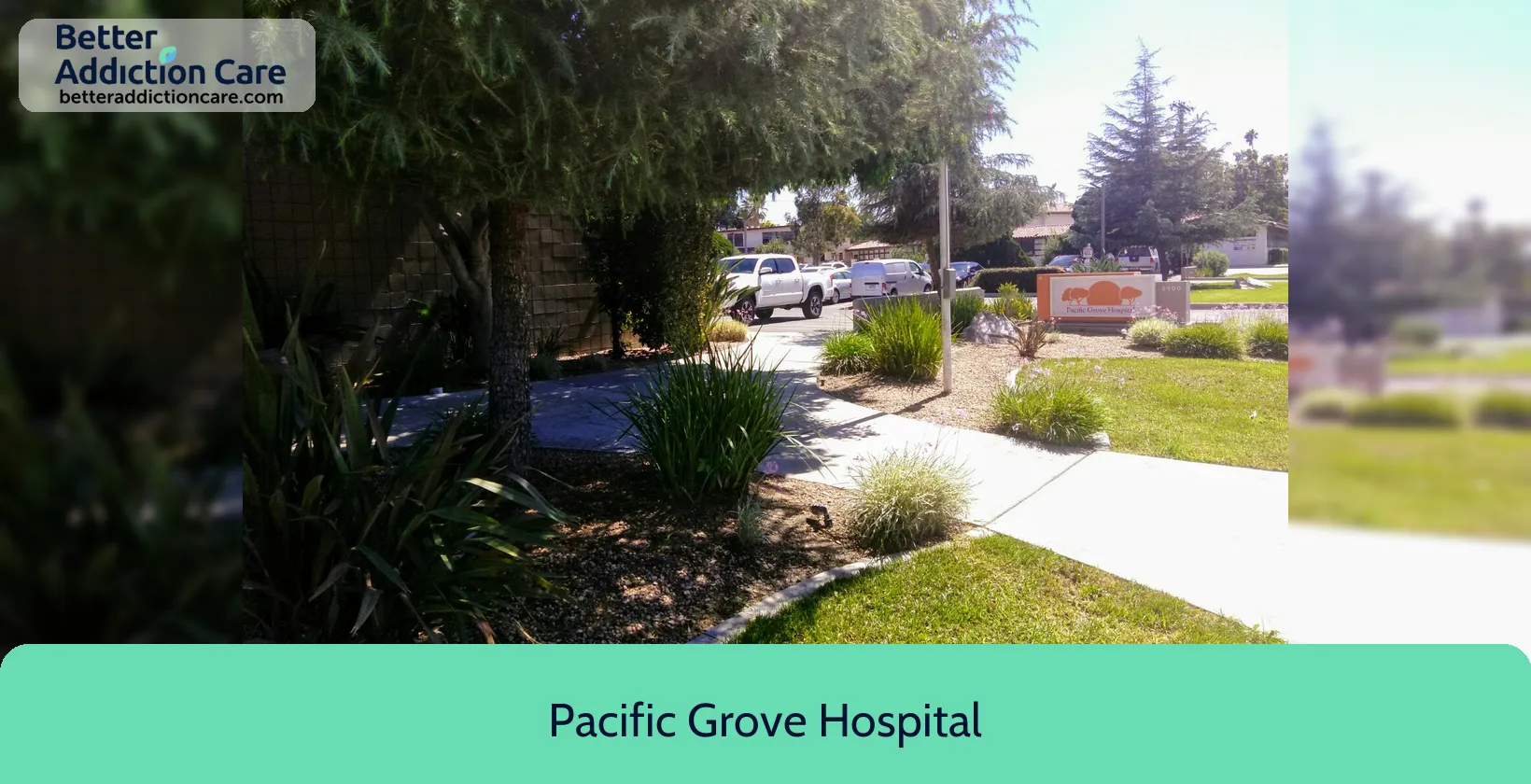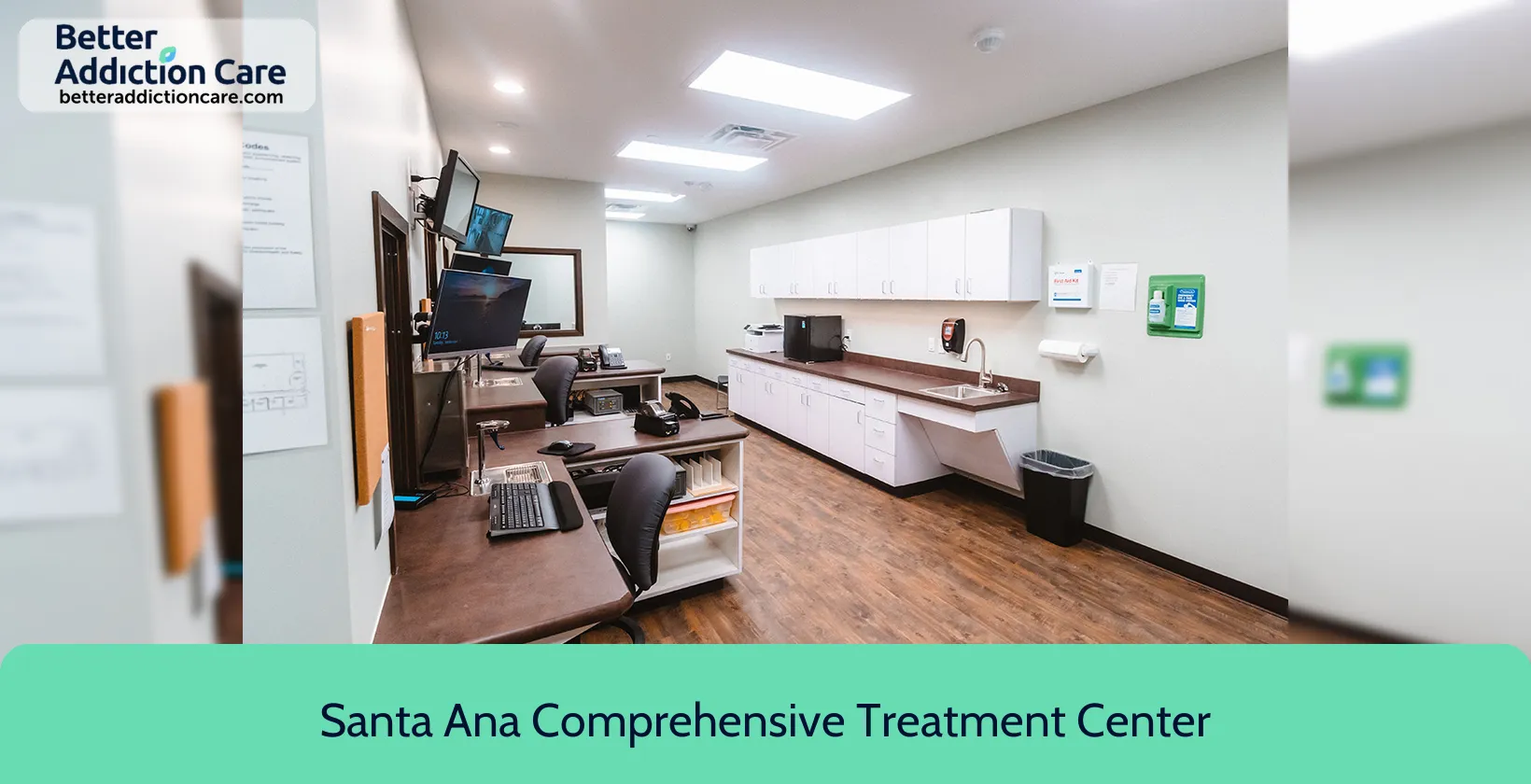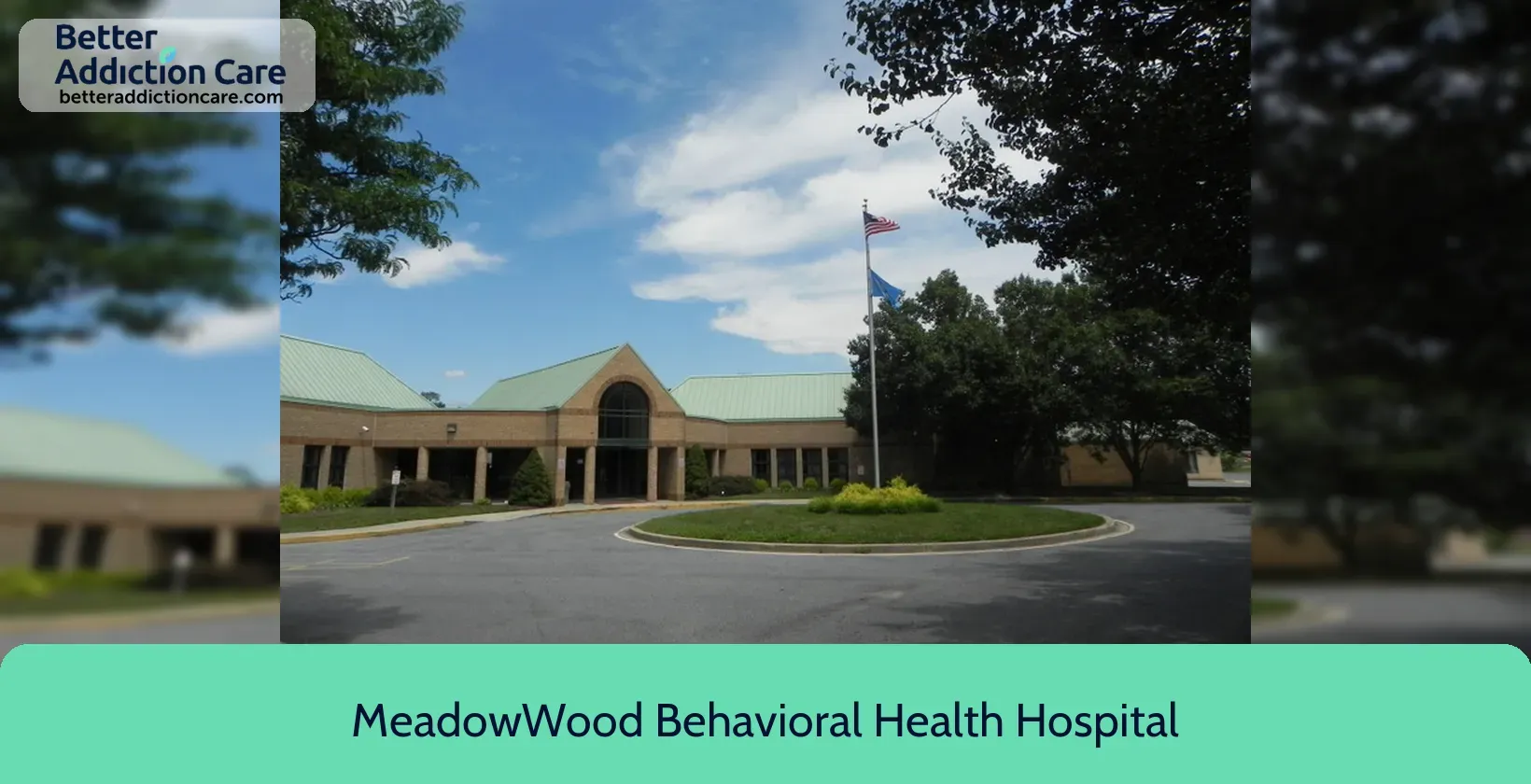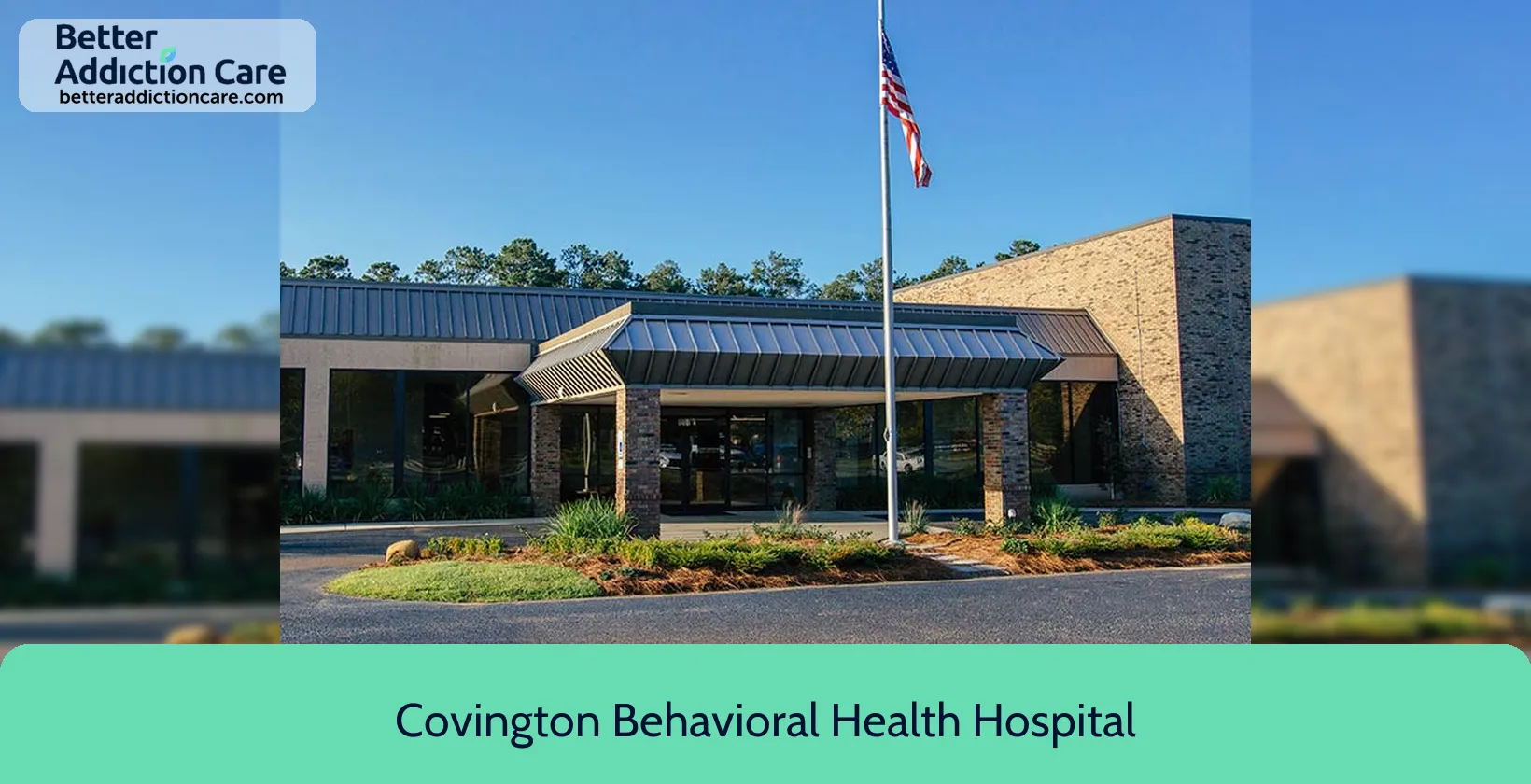Pacific Grove Hospital
Overview
Pacific Grove Hospital in Riverside, California, treats a wide range of mental health and substance use disorders in both inpatient and outpatient settings for people aged 18 and up. The facility is very good at helping people with mental illnesses like schizophrenia, depression, bipolar disorder, PTSD, anxiety, and drug use disorders. Pacific Grove Hospital is a safe and welcoming place to heal, with programs that are tailored to each person's needs.
The hospital offers different types of care, such as general outpatient services, Partial Hospitalization Programs (PHP), and Intensive Outpatient Programs (IOP). Evidence-based treatments like Cognitive Behavioral Therapy (CBT), Dialectical Behavior Therapy (DBT), individual and group therapy, family therapy, and managing medications are all part of their treatment plan. People who are dealing with substance use disorders can get help with detoxification. A Whole-Person Approach to treatment is emphasized at Pacific Grove Hospital, which is known for its focus on trauma therapy and holistic healing. The Joint Commission has approved the center, which means that it meets high standards for safety and care.
Pacific Grove Hospital at a Glance
Payment Options
- Cash or self-payment
- Private health insurance
- Medicaid
- State-financed health insurance plan other than Medicaid
- Federal military insurance (e.g., TRICARE)
Assessments
- Comprehensive mental health assessment
- Comprehensive substance use assessment
Age Groups
- Young adults
- Adults
- Children/adolescents
Ancillary Services
- Case management service
Highlights About Pacific Grove Hospital
7.10/10
With an overall rating of 7.10/10, this facility has following balanced range of services. Alcohol Rehabilitation: 8.00/10, Drug Rehab and Detox: 6.00/10, Insurance and Payments: 7.20/10, Treatment Options: 7.21/10.-
Alcohol Rehabilitation 8.00
-
Treatment Options 7.21
-
Insurance and Payments 7.20
-
Drug Rehab and Detox 6.00
Accreditations
The Joint Commission:

The Joint Commission accreditation for addiction and behavioral health signifies that a facility has met rigorous standards in patient care, treatment, and safety. This recognition assures patients and professionals of the facility's commitment to providing high-quality, evidence-based care in the fields of addiction and behavioral health, fostering trust and confidence in their services.
Effective date: 06/27/2017
Registration: 5101
NAATP:

The National Association of Addiction Treatment Providers (NAATP) accreditation is a recognized standard within the field of addiction and behavioral health. This accreditation signifies that a treatment provider has undergone a rigorous evaluation process to ensure the quality and effectiveness of its programs and services. NAATP accreditation serves as a valuable marker of a provider's commitment to adhering to established industry standards, offering evidence-based treatments, and prioritizing the well-being of individuals seeking addiction and behavioral health support.
SAMHSA certification for opioid treatment program (OTP):
SAMHSA's Opioid Treatment Programs (OTPs) accreditation is a rigorous recognition process that signifies an OTP's commitment to providing high-quality care for individuals dealing with opioid use disorders. It assures patients, families, and the community that the program adheres to evidence-based practices, employs qualified staff, and maintains a safe treatment environment. This accreditation is a symbol of quality and accountability, offering confidence in the program's ability to support individuals on their path to recovery from opioid addiction.
Treatment At Pacific Grove Hospital
Treatment Conditions
- Mental health treatment
- Substance use treatment
- Co-occurring Disorders
Care Levels
- Partial Hospitalization Program
- Intensive outpatient treatment
- Outpatient
- Hospital inpatient treatment
Treatment Modalities
- Family counseling
- Individual psychotherapy
- Trauma-related counseling
- Group counseling
- Experiential Therapy
Ancillary Services
Languages
- English
Special Programs
- Clients who have experienced trauma

Additional Locations
Get Help Now
Common Questions About Pacific Grove Hospital
Contact Information
Other Facilities in Riverside

7.06

7.34

6.71
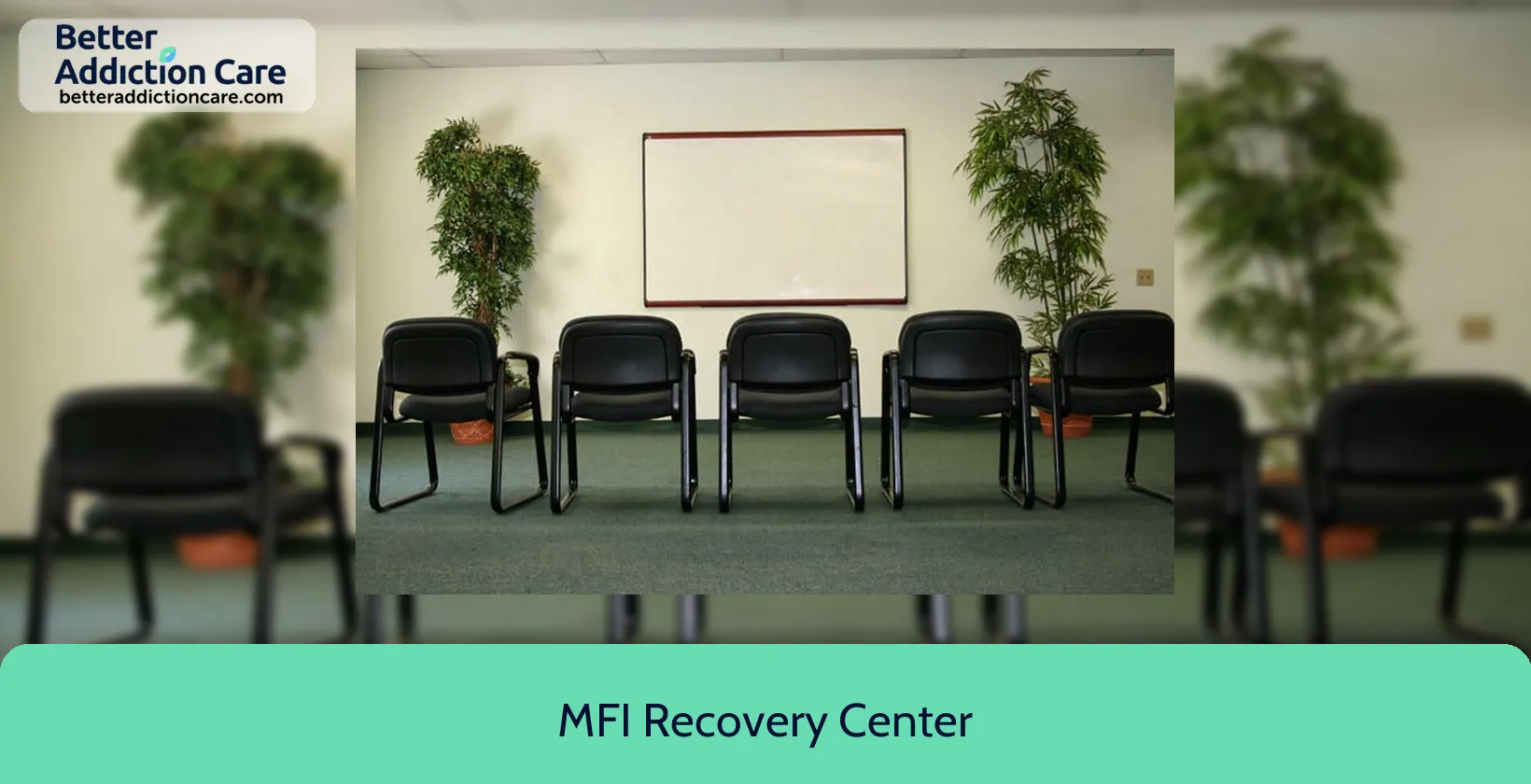
6.84
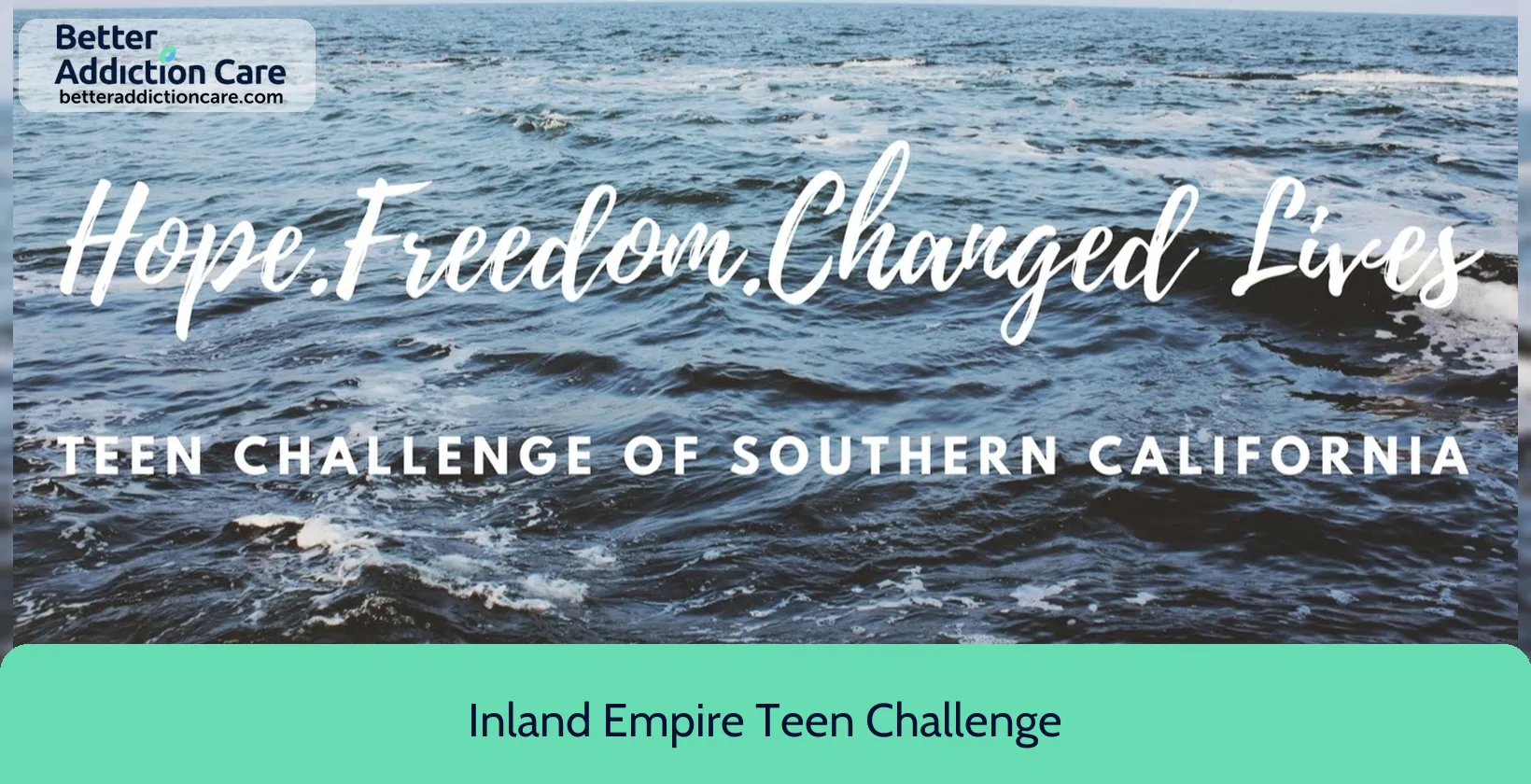
6.59
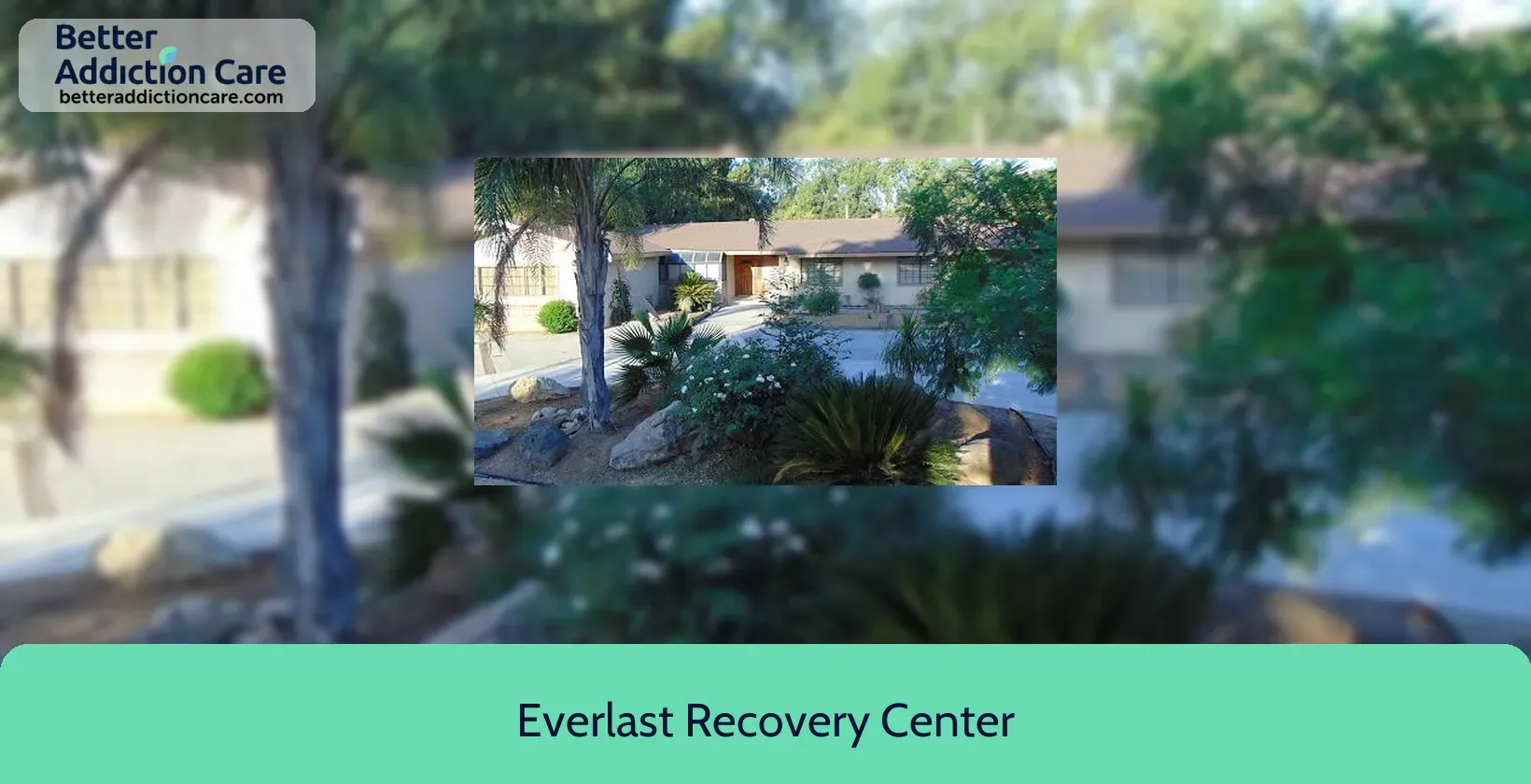
7.09
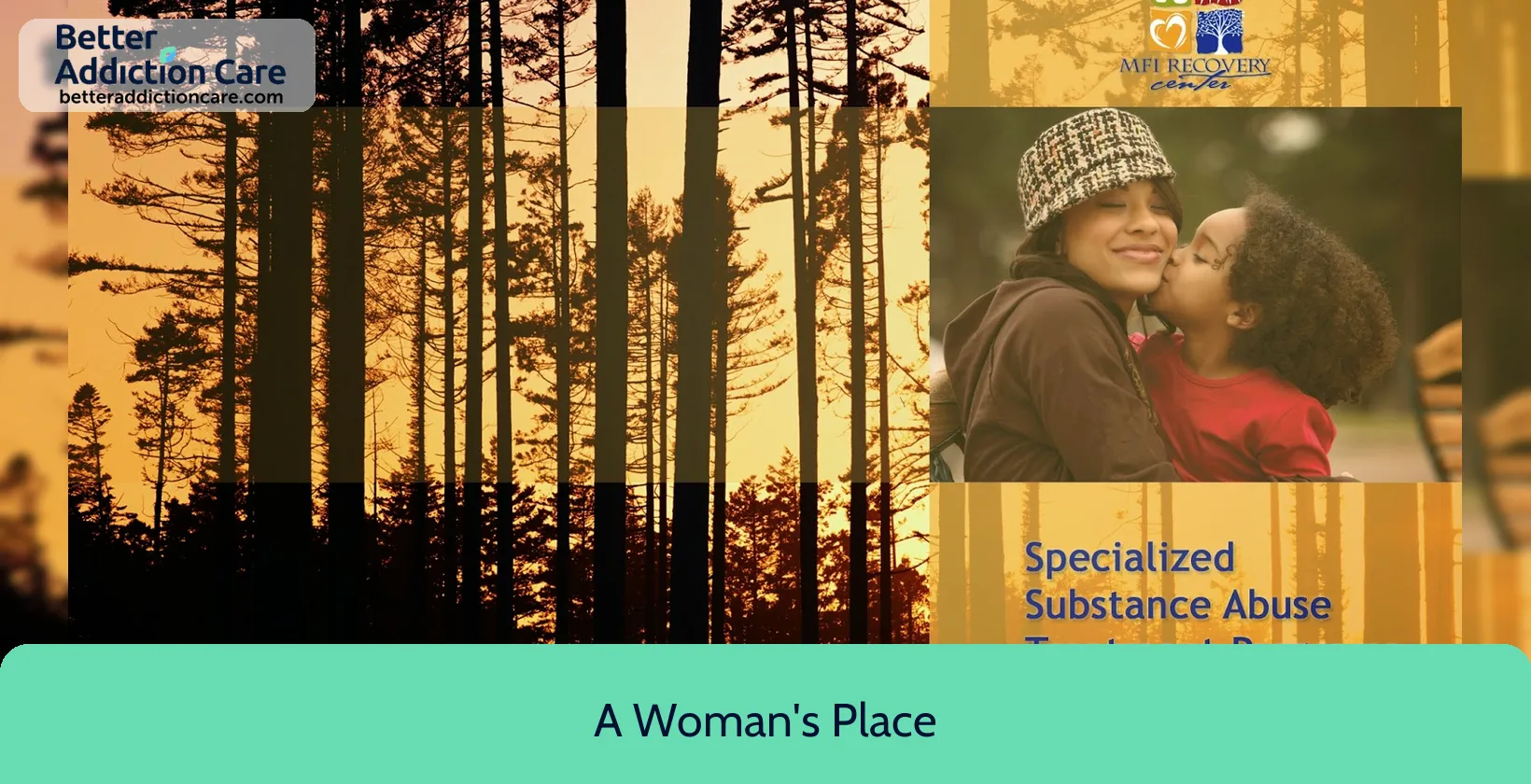
7.14
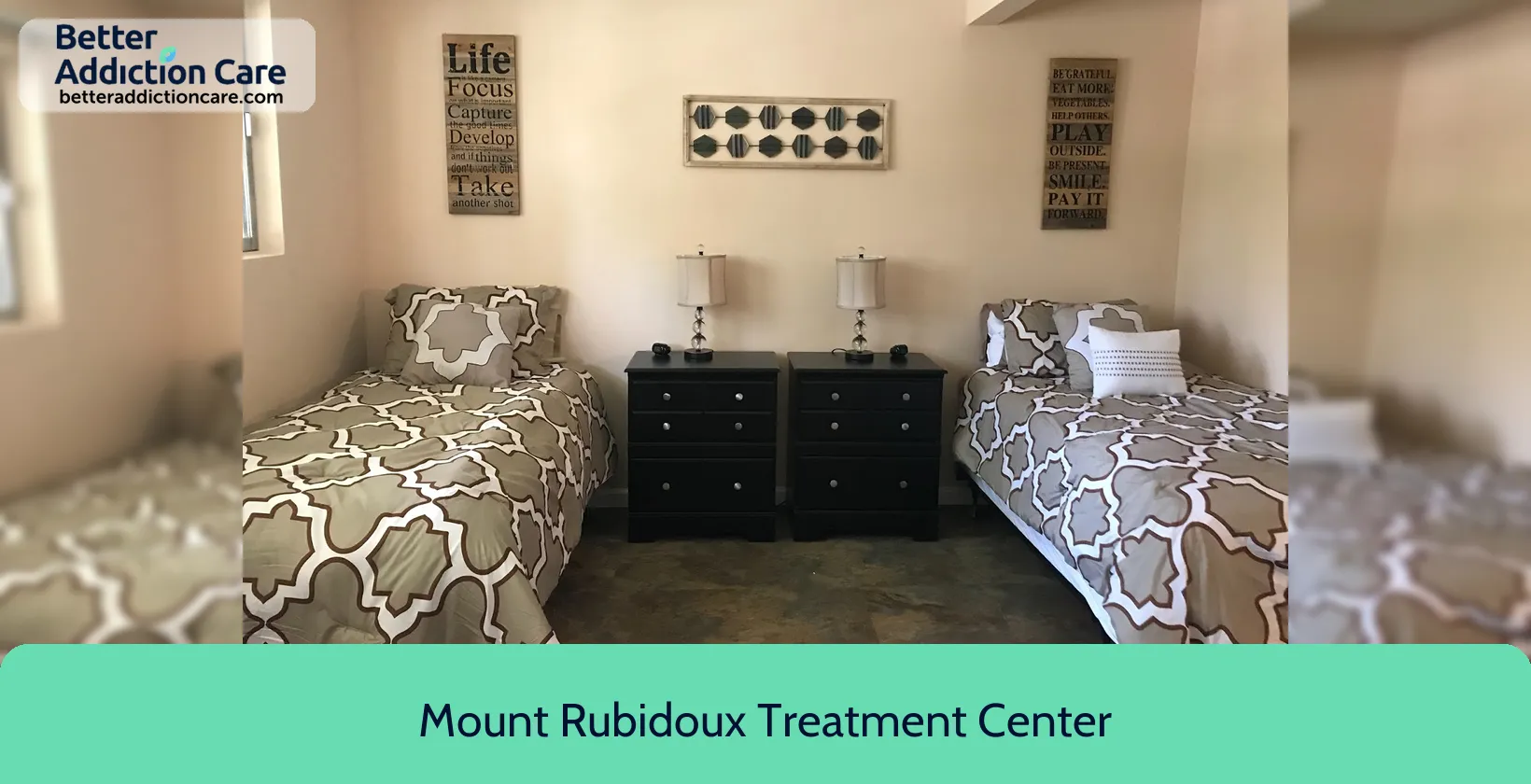
7.34
DISCLAIMER: The facility name, logo and brand are the property and registered trademarks of Mount Rubidoux Treatment Center, and are being used for identification and informational purposes only. Use of these names, logos and brands shall not imply endorsement. BetterAddictionCare.com is not affiliated with or sponsored by Mount Rubidoux Treatment Center.

